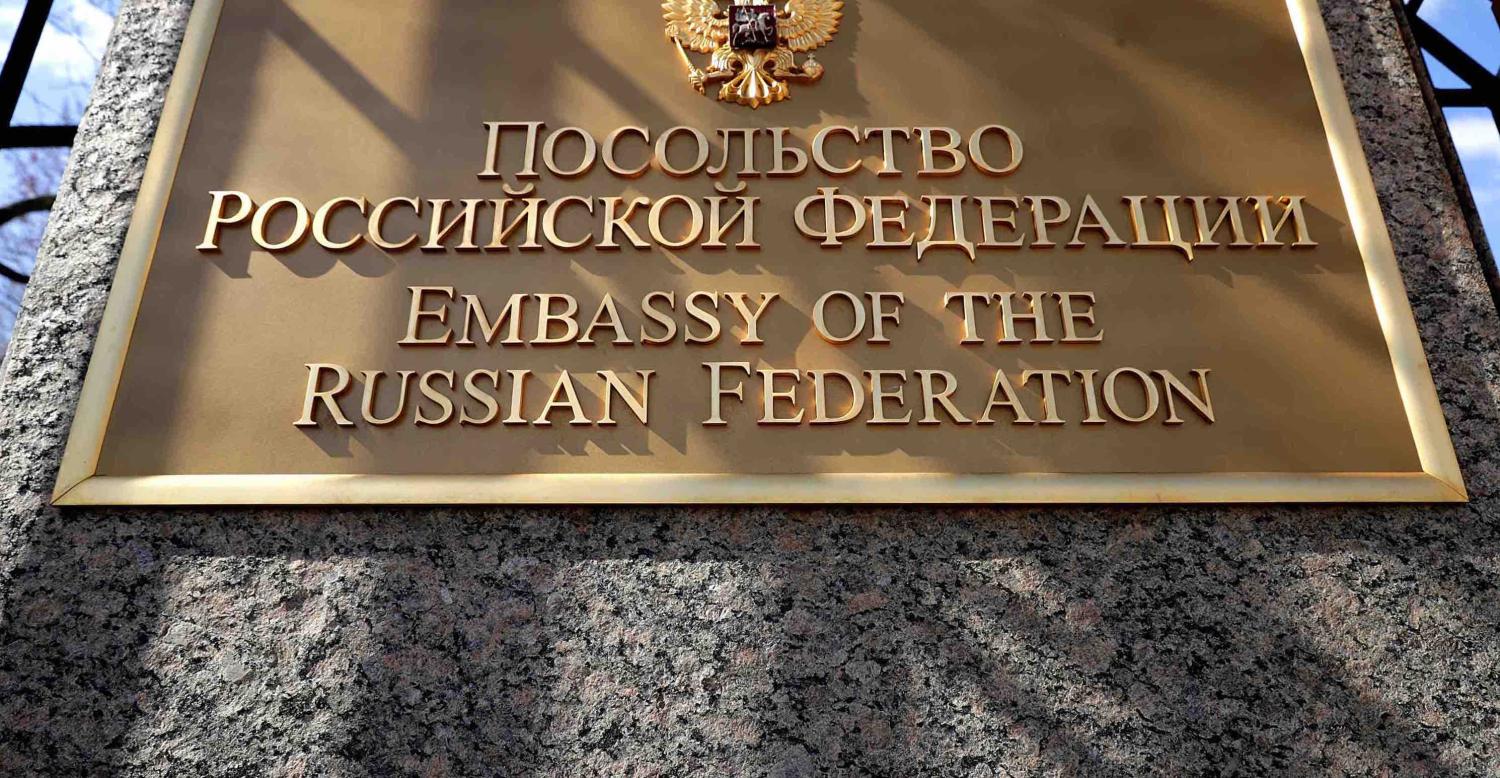Australia, the US, and several EU nations joined forces with Britain this week to expel Russian diplomats from their nations. The decision is based on the widespread view that the Russian regime of Vladimir Putin is responsible for the poisoning of Sergei Skripal and his daughter in England earlier this month.
At this stage, however, there is still no evidence – none – about the identity of the culprit. One can accept that the finger of suspicion reasonably points to a Russian agent and still agree with the scepticism of leading British conservatives Peter Oborne, Peter Hitchens, and Rachel Johnson (Foreign Minister Boris’s sister): that it is better to take our time to get the bottom of this crime so that we can punish the perpetrators, whomever they may be.
This is especially true when you realise Putin had no reason to poison the spy and his daughter and good reasons not to do it. Remember, Moscow did not kill Sergei Skripal after he was arrested and jailed in 2004. Nor was he denied a spy swap deal with Britain in 2010. As the distinguished professor of international relations John Mearsheimer has asked, why would Putin exacerbate his already strained relations with the West now by trying to assassinate the former double agent?
Even hostile Putin critics concede Putin might be right in protesting his innocence. As Owen Matthews argues in The Spectator:
One thing (Putin) does care deeply about is giant set-piece sporting events like the World Cup: he has invested billions to make it a success. It’s far from clear why he would tarnish that vast effort to execute a single retired spy.
Moreover, what is so wrong with establishing proof before the West escalates a very dangerous international situation? As the Chilcot Inquiry into Britain’s role in the Iraq war recommends, governments should carefully investigate serious crimes before coming to conclusions. Indeed, governments should always make evidence-based pronouncements rather than relying on assertion and bombast, which is what has happened in the Skripal case. We should bear that in mind during this month’s fifteenth anniversary of the Iraq invasion, which was based on Western intelligence that purportedly showed Saddam Hussein possessed weapons of mass destruction.
There is a widespread tendency to blame Russia for undermining what has recently been termed the liberal rules-based international order. How the US-led coalition of the willing upheld that order in Iraq in 2003 or Kosovo in 1999 or Vietnam in the 1960s is not clear.
But the point here is that Putin is not bent on restoring the Soviet empire; for the most part, Russia is protecting legitimate security interests in the Baltics and the Middle East and its objectives have been limited. I’m not suggesting Moscow’s conduct has been legal or moral. It’s just that Putin’s calculations are based on an age-old truth of power politics: that a great power doggedly protects its near aboard.
You don’t have to subscribe to Kissingerian realpolitik to recognise that, from a Russian standpoint, NATO expansion up to Russia’s borders during the past two decades has upset its strategic sensibilities. It was inevitable that Moscow would push back eventually.
Yes, Russia is declining power, it is ageing fast and its economy is hitched to commodities. But if humiliated further and made desperate, Russia could be dangerous in the way a cornered, wounded animal is dangerous. And remember, it still has a vast arsenal of nuclear weapons. In these circumstances, waging hot wars along Russia’s borders (the Baltics, Ukraine), further isolating the Kremlin and expelling hundreds of Russian diplomats for unproven crimes could provide real extremists and hyper-nationalists in Russia with a cause to exploit.
To make these arguments is to be immediately denounced as a Putin apologist or a Kremlin stooge. This is, as the leading British columnist Rod Liddle laments, a sure sign that the capacity for rational consideration has deserted Western politicians, policymakers and pundits in the digital media era.
Like Liddle, I carry no torch for the Russian leader, a thug who leads a gangster regime. But we need at least some plausible evidence that the Kremlin poisoned Skripal and his daughter before we escalate tensions with a nuclear great power. We should also try to understand the historical background to the tensions between Russia and the West before they spiral out of control.

